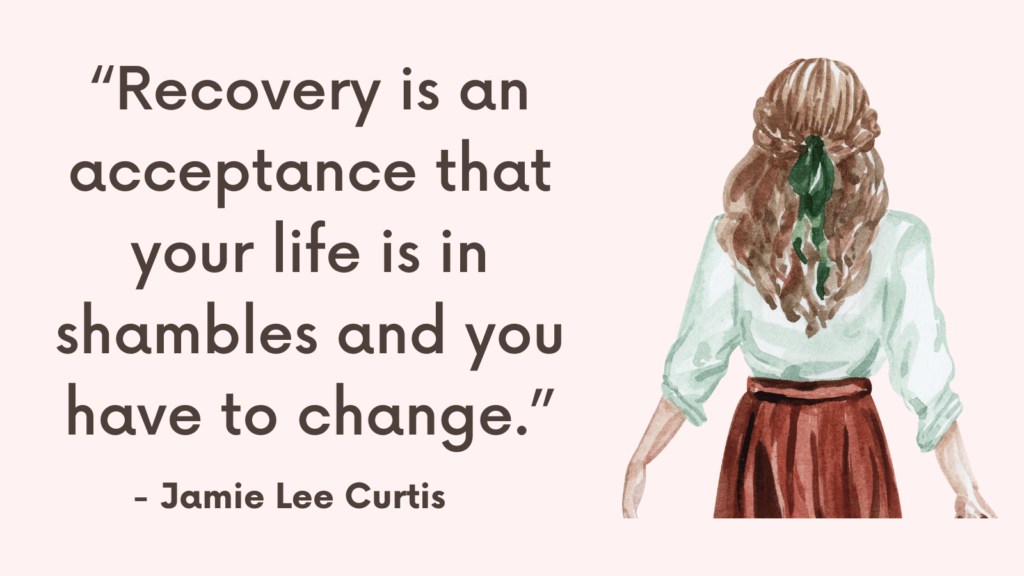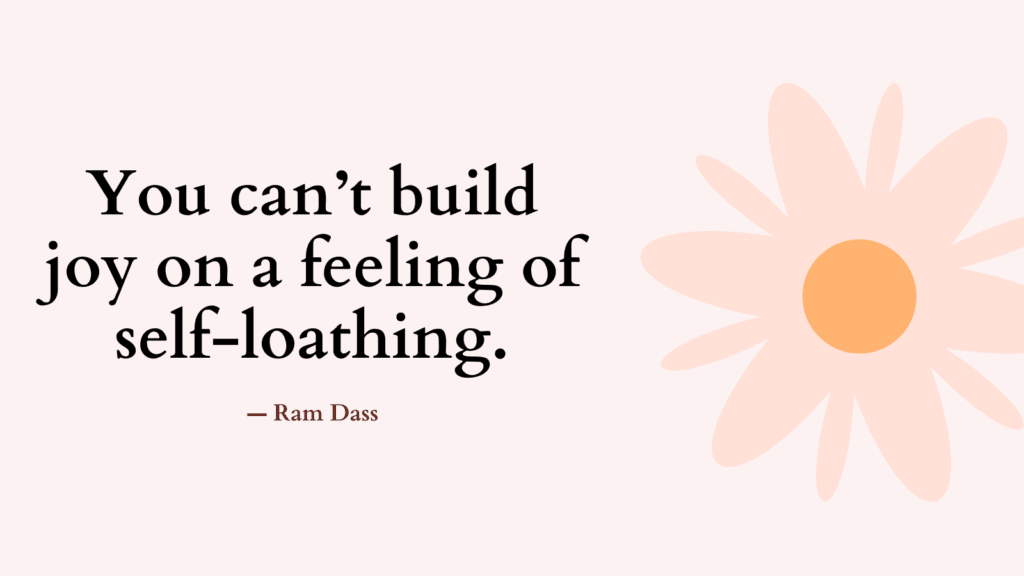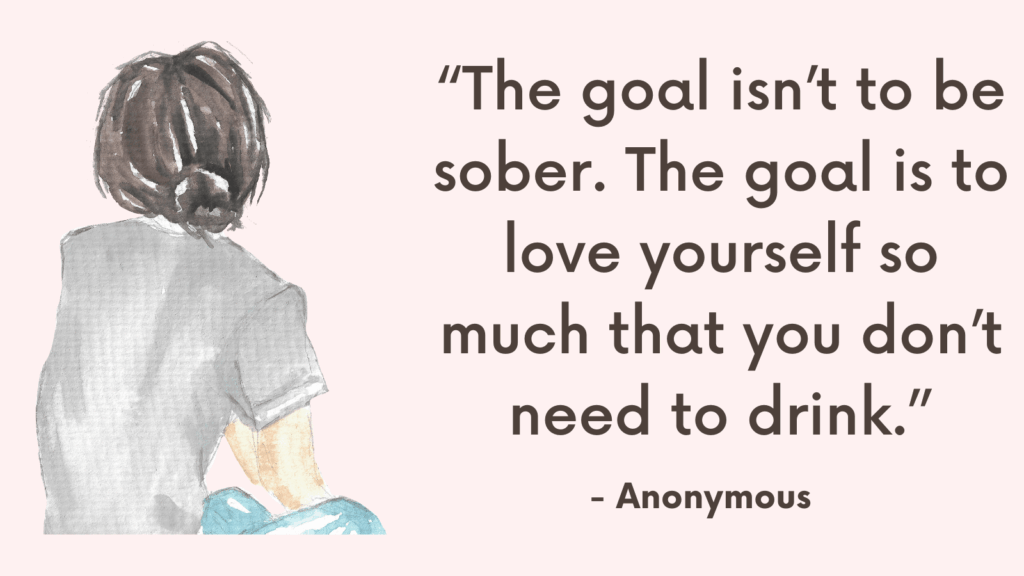In this post, you’re going to learn how to stop lying to yourself.
Have you ever found yourself justifying actions you knew were wrong, or convincing yourself of a reality that favored your perspective, regardless of the facts?
This phenomenon, known as self-deception, is not just about lying to others—it’s about lying to ourselves. It’s a psychological defense mechanism that can complicate personal growth and relationships.
What is Self-Deception?
Self-deception occurs when we convince ourselves that a false belief is true.
This often involves rationalizing harmful behaviors or denying our own shortcomings to avoid the discomfort of reality.
It’s a subconscious act: we don’t even realize we’re doing it.
Related: How To Step Out Of Denial? Top 10 Steps To Overcome Denial When The Truth Is Heartbreaking
Recognizing Self-Deception
The first step to overcoming self-deception is recognizing it in ourselves, which is challenging since it requires confronting uncomfortable truths. Here are a few signs that you might be deceiving yourself:
– Justification of actions: You find reasons to justify behavior that goes against your values.
– Victim mentality: You perceive yourself as a constant victim, blaming others for your circumstances.
– Distorted perceptions: You believe that others are the cause of your problems, ignoring your role in the situation.
– Ignoring contradictory information: You dismiss or rationalize evidence that contradicts your preferred narrative.
The Dangers of Self-Deception
Living in a state of self-deception can have several negative consequences:
– Relationship issues: It can lead to misunderstandings, conflicts, and a breakdown of trust.
– Stunted personal growth: By not acknowledging our flaws, we miss opportunities for personal development.
– Mental health problems: It can contribute to stress, anxiety, depression, and other mental health issues.
Related: How To Stop Lying In A Relationship?
How To Stop Lying To Yourself?
1. Introspection and Acknowledgment
Start with honest self-reflection.
Acknowledge that self-deception is a defense mechanism that stems from a desire to avoid discomfort or pain.
Recognize the triggers that lead you to deceive yourself.
2. Seek Feedback
Open yourself up to feedback from trusted friends or family members.
Others often see aspects of our behavior that we are blind to.
3. Mindfulness and Awareness
Practice mindfulness to become more aware of your thoughts and feelings.
Mindfulness can help you recognize when you are beginning to rationalize or deny your behaviors.
Related: Best 8 Mindfulness Exercises For Adults That Will Help You Regulate Your Emotions
4. Journaling
Keep a journal of situations where you feel defensive or justified in your actions.
Revisit these entries with a fresh perspective to analyze them more objectively.
5. Therapy
Consider professional help, especially if self-deception is deeply rooted in trauma or significantly impacts your life.
Therapists can provide tools and strategies to confront and reduce self-deception.
6. Education and Learning
Educate yourself about cognitive biases and logical fallacies.
Understanding these can help you identify when you’re falling into these traps.
7. Set Clear Values
Define your core values and principles.
Regularly assess your actions and decisions to ensure they align with these values.
When they don’t, consider why and how you can correct your course.
8. Accept Imperfection
Embrace the fact that being imperfect is a part of being human.
Allow yourself to make mistakes, learn from them, and move on without needing to create narratives that mask these imperfections.
Related: Letting Go of Perfectionism: Best 20 Tips

Conclusion
Self-deception can be a difficult pattern to break because it shields us from truths we are afraid to face.
However, overcoming self-deception is crucial for true personal growth, healthier relationships, and genuine self-acceptance.
By becoming more mindful of our thoughts and behaviors, seeking honest feedback, and practicing acceptance, we can start to see ourselves and our problems more clearly, paving the way for real and meaningful change.



